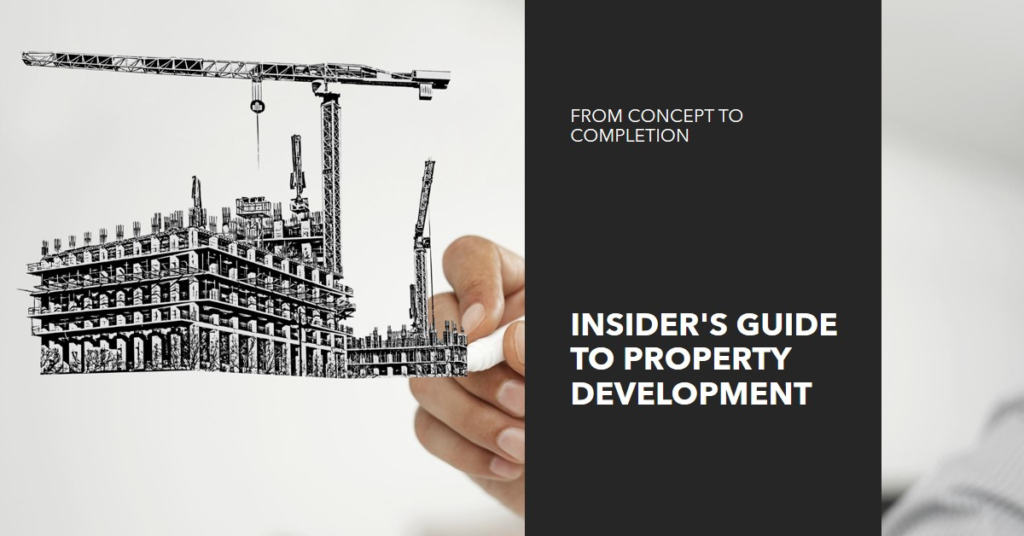
Table of Contents
In the competitive realm of real estate marketing, staying ahead requires leveraging innovative tools and resources. From digital platforms to creative content strategies, these resources play a pivotal role in enhancing visibility, attracting leads, and closing deals. Let’s explore six top resources that can take your real estate marketing efforts to new heights.
1. Harnessing the Power of Social Media
Social media platforms such as Facebook, Instagram, and LinkedIn offer unparalleled opportunities for real estate marketing. With their vast user bases and targeted advertising options, you can reach potential buyers and sellers effectively. Active engagement through regular posts, captivating visuals, and interactive content fosters brand awareness, builds trust, and encourages audience interaction.
Utilizing social media analytics tools allows you to track engagement metrics, understand audience preferences, and optimize your marketing strategies. By crafting compelling stories, showcasing property highlights, and engaging in community conversations, you can position yourself as a knowledgeable and trustworthy real estate expert within your target market.
2. Creating Stunning Visuals with Professional Photography and Videography
High-quality visuals are paramount in real estate marketing, capturing attention and conveying property features effectively. Investing in professional photography and videography services ensures that your property listings stand out amidst competition. Utilize drone photography for aerial views, 360-degree virtual tours for immersive experiences, and video walkthroughs to showcase property layouts and amenities.
Optimize images and videos for online platforms, ensuring fast loading times and high-resolution displays. Incorporate staging techniques to highlight property strengths and create aspirational lifestyle narratives that resonate with potential buyers. Compelling visuals not only attract leads but also drive engagement and inquiries, ultimately leading to successful property transactions.
3. Utilizing Real Estate CRM and Marketing Automation Tools
Customer Relationship Management (CRM) software tailored for real estate streamlines lead management, client communications, and marketing campaigns. These tools enable personalized interactions, automated follow-ups, and targeted marketing efforts based on lead behavior and preferences. Integrating CRM with marketing automation platforms further enhances efficiency by automating email campaigns, social media posts, and lead nurturing workflows.
By leveraging data insights from CRM platforms, you can segment leads, track interactions, and tailor marketing messages for different buyer personas. Automated workflows save time, improve lead conversion rates, and ensure consistent communication across various marketing channels, enhancing overall marketing effectiveness and client satisfaction.
4. Exploring Virtual Staging and 3D Rendering Services
Virtual staging and 3D rendering services offer transformative solutions for showcasing properties in their best light, even before physical staging or construction is complete. Virtual staging allows you to digitally furnish and decorate vacant properties, creating inviting and aspirational living spaces that resonate with potential buyers’ preferences.
Similarly, 3D rendering services provide realistic visualizations of architectural designs, helping buyers visualize concepts, layouts, and finishes accurately. Whether marketing new developments or existing properties, these visual assets enhance marketing collateral, attract qualified leads, and facilitate faster decision-making processes for prospective buyers.
5. Optimizing SEO Strategies for Real Estate Websites
Search Engine Optimization (SEO) plays a crucial role in driving organic traffic to your real estate website and property listings. Conduct keyword research to identify relevant search terms and incorporate them strategically into website content, property descriptions, and blog posts. Optimize meta titles, descriptions, and image alt text for improved search engine visibility.
Creating informative and valuable content such as neighborhood guides, market trends, and property buying/selling tips not only attracts visitors but also establishes your website as a trusted resource within the real estate industry. Leverage local SEO strategies to target specific geographic areas and capture local search traffic, enhancing your chances of connecting with motivated buyers and sellers in your target market.
6. Engaging with Online Real Estate Communities and Forums
Participating in online real estate communities, forums, and social groups provides valuable networking opportunities and industry insights. Platforms like BiggerPockets, Reddit’s real estate communities, and LinkedIn real estate groups allow you to engage with industry professionals, share knowledge, and learn from experiences.
Contributing valuable insights, answering questions, and participating in discussions showcase your expertise and build credibility within the real estate community. Networking with fellow professionals, potential clients, and industry influencers opens doors to collaborations, referrals, and business opportunities, expanding your reach and impact within the real estate market.
7. Embracing Email Marketing Campaigns
Email marketing remains a powerful tool for nurturing leads, promoting listings, and maintaining client relationships in the real estate industry. Build segmented email lists based on lead preferences, engagement levels, and buying/selling intent. Craft personalized email campaigns that offer value through property updates, market insights, investment opportunities, and exclusive deals.
Utilize compelling subject lines, visually appealing templates, and clear calls-to-action (CTAs) to encourage email recipients to engage with your content, visit your website, or schedule property viewings. Track email metrics such as open rates, click-through rates, and conversion rates to measure campaign effectiveness and optimize strategies for better results over time.
8. Investing in Paid Advertising Campaigns
Strategic use of paid advertising campaigns on platforms like Google Ads, Facebook Ads, and LinkedIn Ads can amplify your real estate marketing reach and lead generation efforts. Define target audience demographics, interests, and behaviors to create highly targeted ad campaigns that resonate with potential buyers or sellers.
Utilize retargeting ads to re-engage website visitors, leads, and previous clients, reminding them of available properties, market updates, or upcoming events. Monitor ad performance metrics such as impressions, clicks, conversions, and return on ad spend (ROAS) to optimize campaign budgets, ad creatives, and targeting parameters for maximum impact and ROI.
9. Collaborating with Influencers and Industry Partners
Collaborating with influencers, real estate agents, mortgage brokers, home staging professionals, and other industry partners expands your reach and credibility within the real estate ecosystem. Partner with local influencers or industry experts who align with your brand values and target audience demographics to co-create content, host events, or offer joint promotions.
Cross-promotional activities, guest blogging, and collaborative social media campaigns introduce your brand to new audiences, drive traffic to your website, and generate leads through trusted recommendations and endorsements. Building strong relationships with industry partners fosters mutual support, referral opportunities, and long-term business growth in the competitive real estate market.
10. Monitoring, Analyzing, and Iterating Strategies
Continuous monitoring, analysis, and iteration of marketing strategies are essential for adapting to market trends, audience preferences, and industry dynamics. Utilize web analytics tools such as Google Analytics, heatmaps, and user behavior tracking to gain insights into website traffic, engagement patterns, and conversion metrics.
Regularly review marketing campaign performance across various channels, A/B test different messaging, visuals, and CTAs to optimize campaign effectiveness. Incorporate feedback from clients, leads, and industry peers to refine strategies, improve customer experiences, and stay ahead of competitors in the ever-evolving real estate landscape.
Conclusion: Elevating Real Estate Marketing Excellence


By leveraging these top resources strategically, real estate professionals can enhance visibility, attract qualified leads, and nurture valuable client relationships effectively. Embracing digital tools, data-driven strategies, creative collaborations, and continuous learning ensures sustained success and growth in the dynamic real estate industry. Stay proactive, innovative, and customer-centric to achieve marketing excellence and drive impactful results for your real estate business.


